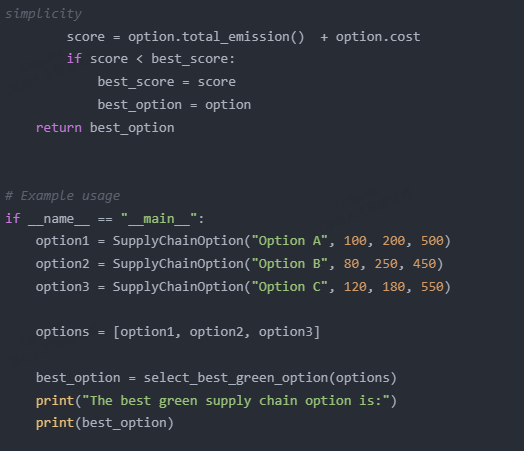Ernest Godfrey


My name is Eric Fleming, and I specialize in the application of artificial intelligence to support and enhance scientific research. With a background in computer science and data-driven methodologies, I focus on building intelligent systems that accelerate discovery, improve research accuracy, and streamline complex data analysis across diverse scientific domains.
My work involves developing and deploying AI-powered tools for literature mining, hypothesis generation, experiment planning, and automated data interpretation. I have worked with machine learning models, natural language processing (NLP), and knowledge graph construction to assist researchers in navigating vast information spaces and uncovering novel insights.
I am passionate about transforming the way science is conducted by integrating intelligent assistants that empower researchers, reduce manual effort, and increase the reproducibility and transparency of research. My goal is to make scientific inquiry faster, smarter, and more collaborative through the responsible use of AI technologies.


SupplyChainOption Class:
This class represents a single supply chain option. It has attributes for the option's name, transportation emission, production emission, and cost.
The total_emission method calculates the total carbon emission of the supply chain option by adding the transportation and production emissions.
The str method provides a string representation of the supply chain option.
select_best_green_option Function:
This function takes a list of SupplyChainOption objects as input.
It calculates a score for each option (in this simple example, the score is the sum of total emission and cost).
It then selects the option with the lowest score as the best green supply chain option.
Example Usage:
Three supply chain options are created and added to a list.
The select_best_green_option function is called to find the best option, and the result is printed.
Green supply chain management involves highly specialized contexts encompassing international standards, regulatory frameworks, carbon accounting terminology, and contractual obligations. General-purpose GPT models often lack the precision needed to handle tasks such as “supplier green rating mechanisms” or “automatic extraction of sustainable procurement clauses.” Additionally, the cross-domain nature of GSCM—spanning technical, regulatory, and financial discourses—requires models with strong long-context memory and semantic coherence. This project necessitates fine-tuning GPT-4 using GSCM-specific corpora to enhance its capabilities in ESG goal modeling, performance evaluation, and legal language understanding. The required semantic depth and training scope go beyond what GPT-3.5 can deliver, making GPT-4 fine-tuning essential.